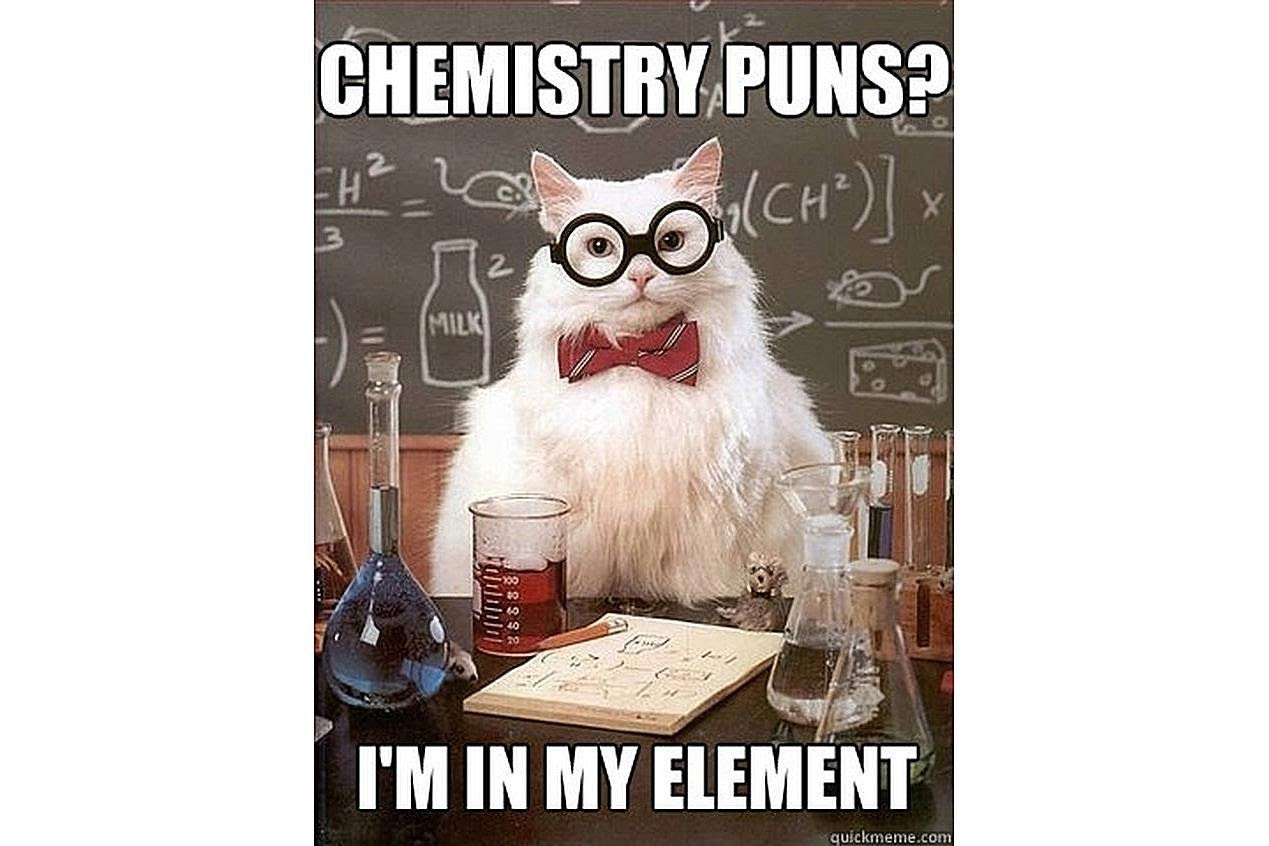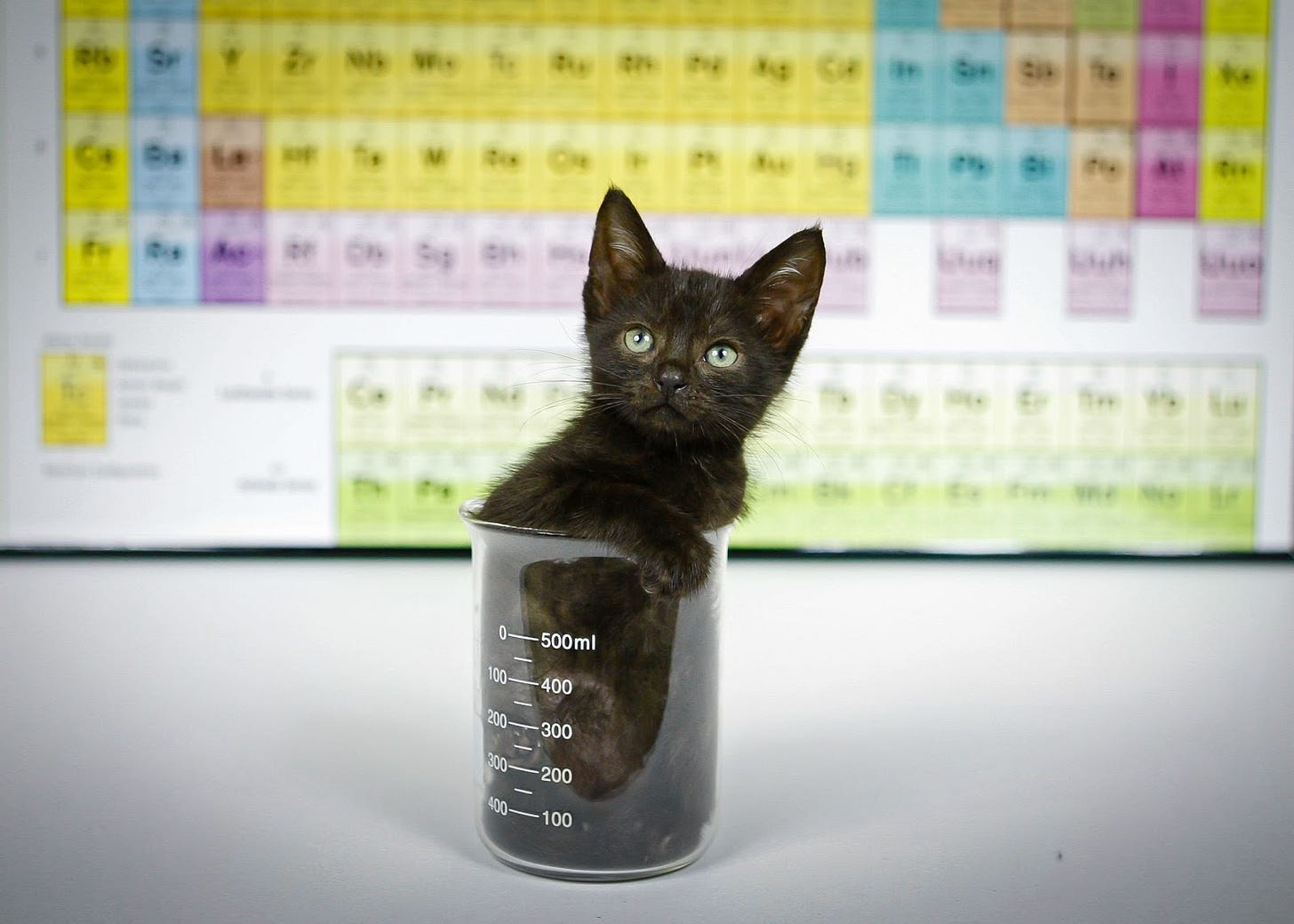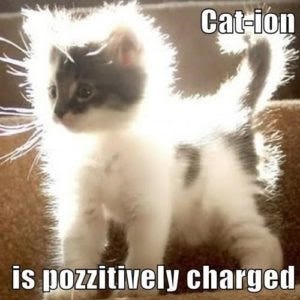Processing Feedback: Motivation Part 1
Today's post was brought to you by the soundtrack to Wicked.
As with so many things, this series has to begin with motivation. Trash talk about what constitutes a “real” writer often centers around the notion that real writers have the motivation needed to get the writing done no matter what. It will surprise precisely nobody to hear that, actually, that’s total nonsense. To start with, the idea of a “real” writer is vapid and useless, and any argument following from that premise is one you should feel free to ignore.
Motivation isn’t a magical virtue which some people have naturally inborn and others learn through sheer blessed willpower. Like talent, it’s a concept better understood as something that can be cultivated, nurtured, and practiced. Which isn’t to say that it's not easier for some people than others, or under some circumstances than others. A good way to think of it is like a basic chemical reaction. If you’ve ever studied an introduction to chemistry, this will be familiar, but if not, bonus chemistry lesson!

All chemical reactions are, at their most fundamental level, two things (reagents) combining to make different thing(s), AKA products. How much and how fast that happens will depend on the circumstances. There needs to be enough of both things present for a reaction to happen and, most importantly, there needs to be enough energy nearby. For some pairs of reagents, there’s enough energy at room temperature, and the reaction will take off as soon as the two things come into contact. (This is why you shouldn’t mix household cleaning products: They like to party with each other at room temperature and the results are poisonous.) Other reagents won’t bother getting off the couch to interact with each other without help. Heating them up will frequently provide that help, which is why cooking is magic.

The key concept here is something called “Activation Energy.” That is how much energy has to be around for the two reagents to budge, no matter how much of both of them are there.
Motivation is the Activation Energy required for You + Time to yield Words. Heat, in this situation might be caffeine, or chocolate, or that pretty notebook and fancy pen you really like. Maybe no additional heat is required, and you’re going to scratch out a manifesto unless something actively inhibits you.
And maybe Heat, whatever that is for you, is in short supply. That’s okay, because there’s this neat other thing that can get involved in chemical reactions called a catalyst. Lots of things can be catalysts, but what a catalyst does is lower the activation energy. It’s the chemical equivalent of the friend who shows up and goes, “Yes, I know it’s cold, rainy, and you’re out of chocolate. I have now placed your notebook in your lap, put your pen in your hand, and I’m going to stare at you awkwardly until you produce words. There will be cat pictures after.”

Catalysts are cool because they can make reactions happen faster. Or under circumstances where they absolutely would not happen otherwise. Or, and this is particularly important at this moment in time, they can help make up for situations where a reaction would normally occur just fine, but for one reason or another, actually it won’t. Maybe you still have You + Time to feed into the reaction, but the Time is wonky. Or there’s a lot less of it. (Also possible: You are wonky, or there’s less of you.) A catalyst can help things along despite that. Do note, however, that a catalyst doesn’t actually get used up by this reaction, and it can’t replace either of the required reagents. If there is no You, or there’s no Time, no catalyst in the universe is going to get you to the other side of that equation.
Why am I going on with this lengthy metaphor? Because this is a constructive, useful way to think about motivation. And you need a constructive, useful way to think about motivation before thinking about Motivation as a feedback vector. Use whatever metaphor you want if this one doesn’t work for you, but the element you absolutely must preserve is this: You are not a failure just because your activation energy is high. And you aren’t less good than somebody else just because it looks like their activation energy is low compared to yours. You, in fact, have no way of knowing what their activation energy is compared to yours. They might have a more reliable supply of heat or access to a particularly useful catalyst. You are absolutely a significant and important element in your productivity, but you’re also part of a system where you’re just one component. It’s much more useful to look at ways to change or enhance the system than it is to gripe at one of its components.

Pause a moment now, in case the chemistry metaphor is trudging up bad memories from high school and you need to swap in something else. Baking metaphors are easy substitutions here. Many video game crafting systems work on similar principles. Yoink whatever feels comfy and chew it over until you hit the key points in the previous paragraph. On Thursday we’ll come back to this and start looking at Feedback as Motivation and how to work with it.
